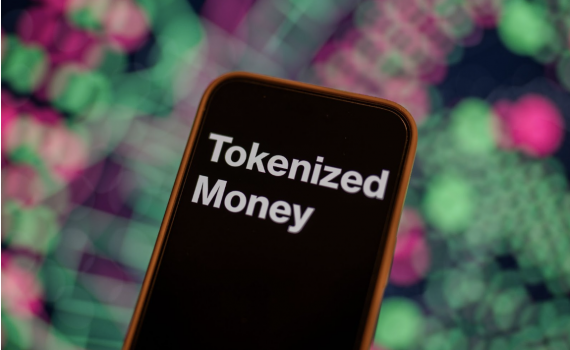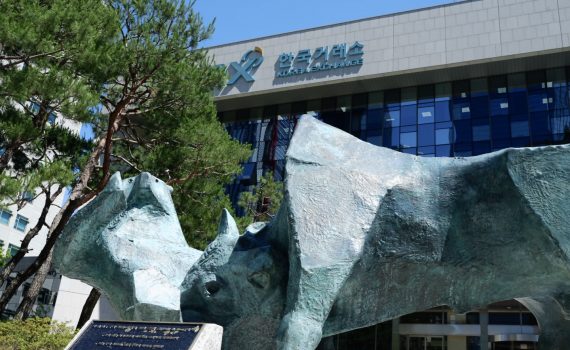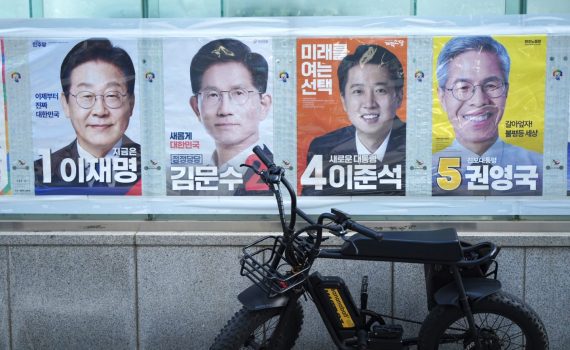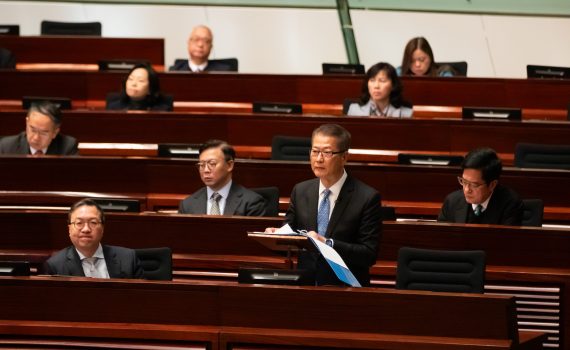Finance and economics

New Gold Zone at 2025 International Jewellery Show boosts Hong Kong’s position as trading hub
- 2025-03-04
- Business
- By: Yichun FangEdited by: WANG Ruoshui、XIA Fan、BO Chuxuan
- 2025-03-04
The 41st Hong Kong International Jewellery Show kicking off on Tuesday, debuts the Gold Jewellery Zone at the Convention and Exhibition Centre, with international gold exhibitors drawn in. The Hong Kong Trade Development Council (HKTDC) describes this new addition as a showcase for novel gold jewellery design, part of efforts to strengthen the city’s position as a global hub for gold jewellery trade. Organised by the HKTDC, the Jewellery Show will run from 4 to 8 March, showcasing new product trends including affordable luxury jewellery, men's and unisex jewellery, sustainable development and jewellery technology. “Hong Kong is actively accessing both the technical support of mainland China and the international market, so I hold a strong belief that the gold market here will become increasingly prosperous,” said Winston Chow, director & deputy general manager of Chow Sang Sang Holdings International Ltd. HKTDC said that Hong Kong is leading in the gold product sector. Currently, manufacturers are conducting high value-added processes in Hong Kong, while shifting manufacturing activities to mainland China. Atticus Zhu, the founder of Shenzhen Shangpin Gold Jewellery company exhibiting in the gold jewellery area, said that the consumers of the Hong Kong gold market accept the premium of labor cost on design to a greater extent than mainland Chinese customers, who are relatively more sensitive to the gold price. “Hong Kong is the global hub for gold jewellery trade, providing a springboard to tap into various international markets,” he added. “For example, through Hong Kong, we reached out to the Malaysia market, a country with a 20% overseas Chinese population and has one of the most receptive markets for gold today. ” The gold price rose more than 25% in 2024, the most significant annual gain in 14 years, as regional wars and political changes continued the uncertainty among …

Digital Asset Week Hong Kong 2025 took place as Asia Pacific’s first tokenised retail fund prepares to be launched
- 2025-02-27
- Business
- By: Haoming Zhou、XIA FanEdited by: ZHAO Runtong、XIA Fan、BO Chuxuan
- 2025-02-27
Digital Asset Week Hong Kong 2025 kicked off with the Leadership Summit on Wednesday, bringing global traditional and digital asset insiders together, amid the launch of the Asia-Pacific’s first tokenised retail fund in the near future. “Digital Asset Week is the best event to connect to the people building the future of the digital asset ecosystem,” said Daniel Coheur, co-founder and chief commercial officer of Tokeny, an on-chain finance operating system developing company headquartered in Luxembourg. Known for inventing the ERC3643, one of the newest token standards for tokenisation of the Real World Asset in the blockchain, Tokeny plans to expand the number of employees in Hong Kong to capitalise on the opportunity. Confident about the industry's future, Thomas Zhu, Head of Digital Assets and Family Office Business of China AMC (HK), who will launch Asia Pacific’s first tokenised retail fund tomorrow, is confident about the future development of digital assets. Supported by Standard Chartered Bank, the tokenised retail fund will offer investors “opportunities to earn returns in Hong Kong dollars” through blockchain-based instruments. “We may be able to build another Chinese asset management company on the chain through blockchain technology,” he said. Hong Kong has recently taken action to boost digital assets, including preparing to issue the third tranche of digital bonds through the Hong Kong Monetary Authority, the city’s de facto central bank, and the hosting of Consensus 2025, the world’s top crypto and Web3 summit. Up to now, 10 virtual asset trading platforms have been operating in Hong Kong in the past five years, with the HKEX Bitcoin Reference Index surging more than 870%. As a response to its increasing development, the Hong Kong Securities and Futures Commission launched the “A-S-P-I-Re” for the regulatory roadmap for Hong Kong’s virtual asset market with 12 significant initiatives. “These movements …








